Homeopathic Medicine For Urticaria
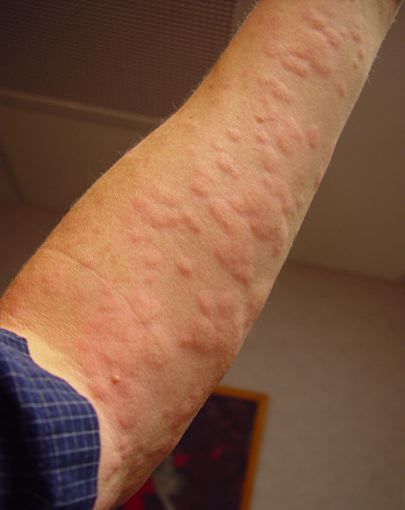 Urticaria, commonly known as hives, is a skin condition characterized by the sudden appearance of itchy, raised, and red or pink welts or wheals on the skin. These welts can vary in size and shape and often appear and disappear within a few hours. In some cases, they may last for several days.
Urticaria, commonly known as hives, is a skin condition characterized by the sudden appearance of itchy, raised, and red or pink welts or wheals on the skin. These welts can vary in size and shape and often appear and disappear within a few hours. In some cases, they may last for several days.
There are two main types of urticaria:
Acute Urticaria: This type of urticaria typically lasts for less than six weeks and is often caused by triggers such as allergies to food, medications, insect stings, or environmental factors like pollen or pet dander. It can also be associated with viral or bacterial infections.
Chronic Urticaria: Chronic urticaria persists for six weeks or longer and can be more challenging to diagnose and manage. The cause is often more difficult to identify, and it may be related to autoimmune or other health conditions.
Common symptoms of urticaria include itching, redness, and swelling. In some cases, individuals with urticaria may also experience angioedema, which involves swelling of deeper layers of the skin, often around the eyes and lips. This can be more serious, especially if it affects the throat and causes difficulty breathing.
Homeopathic Medicine
1. Apis mellifica
Red, swollen welts: Urticaria eruptions treated with Apis mellifica are bright red or pink in color. Skin appears puffy, and hives surrounded by a red halo.
Stinging or burning pain: Urticaria is the intense stinging or burning sensation experienced in the affected areas. Pain can be quite severe and described as a burning, pricking, or stinging pain.
Heat and swelling: Feel intense heat in affected skin. Swelling and edema are common, and skin appear shiny due to the swelling.
Worsening with heat: Sensitive to hot weather and find relief in cool or cold applications.
Thirstlessness: Having lack of thirst, even in hot weather.
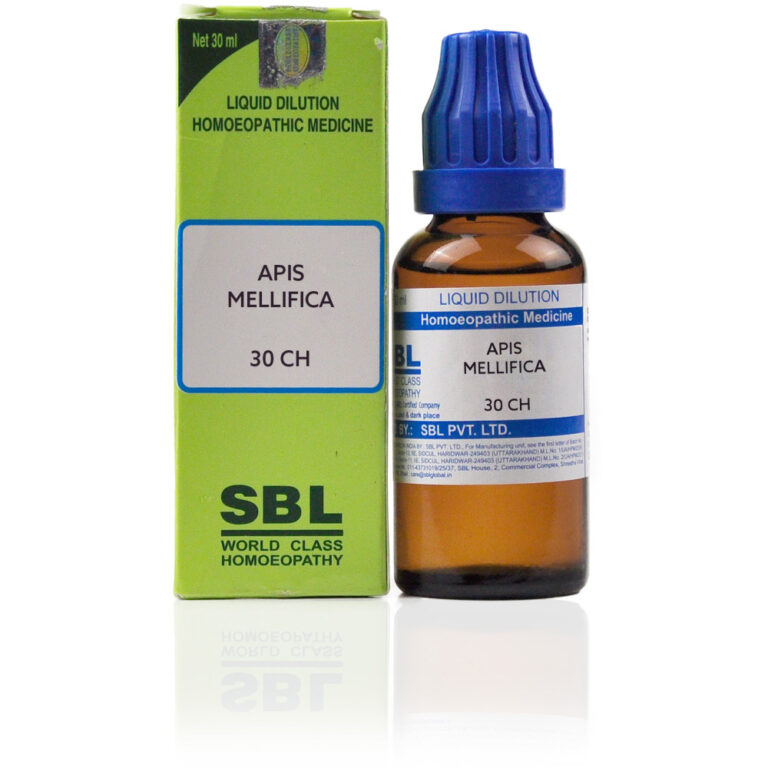
2. Urtica urens
Itching and burning: Intense itching and burning sensations on the skin. Severe itching and the affected areas feel like they are on fire.
Rash with raised, blotchy, or red patches: Raised, red or pink blotches or patches on the skin. These red bumps can vary in size and shape and appear and disappear rapidly.
Worse from scratching: Itching and burning worsen with scratching. Scratching lead to more inflammation and discomfort.
Heat and touch aggravate symptoms: Symptoms are aggravated by heat, warmth, or touch. The affected areas feel sensitive to the slightest contact.
Desire for cold applications: Having a strong desire to apply something cold to the affected areas to relieve the burning and itching.
Hives that can move around: Urticaria symptoms migrate or change locations frequently.

3. Arsenicum album
Intense Itching: Itching associated with urticaria is severe and burning. Itching becomes unbearable, leading to a constant need to scratch.
Burning Sensation: Experience burning sensation in the affected areas. The skin feel hot, and burning relieved by warmth.
Anxiety and Restlessness: Anxiety, restlessness, and a sense of unease.
Thirst for Small Sips: Increased thirst for small sips of water.
Worsening at Night: Worsen during the night or in cold, damp conditions. Individuals seek warmth and feel better in a warm room or under warm covers.
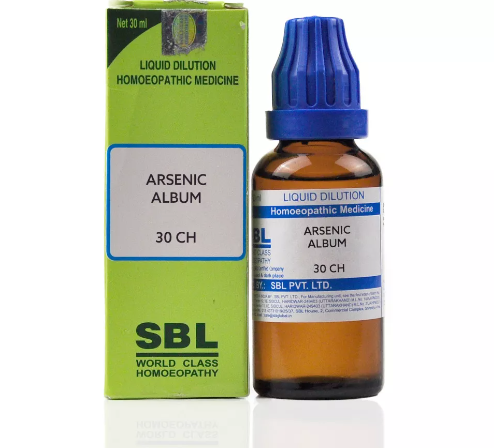
4. Rhus toxicodendron
Itching: Intense itching in the urticarial eruptions, and person feel compelled to scratch the affected areas. The itching may be worse at night.
Aggravation from rest: Itching and discomfort, aggravated when the person is at rest. They feel better with movement and physical activity.
Redness and Swelling: Skin eruptions are red and swollen. Urticaria present with raised, inflamed wheals or hives on the skin.
Desire for Warmth: Increased desire for warmth and warmth provide relief from symptoms.
Stiffness: In addition to skin symptoms, Rhus toxicodendron is also known for its indication in cases of stiffness and pain in joints, ligaments, and muscles.
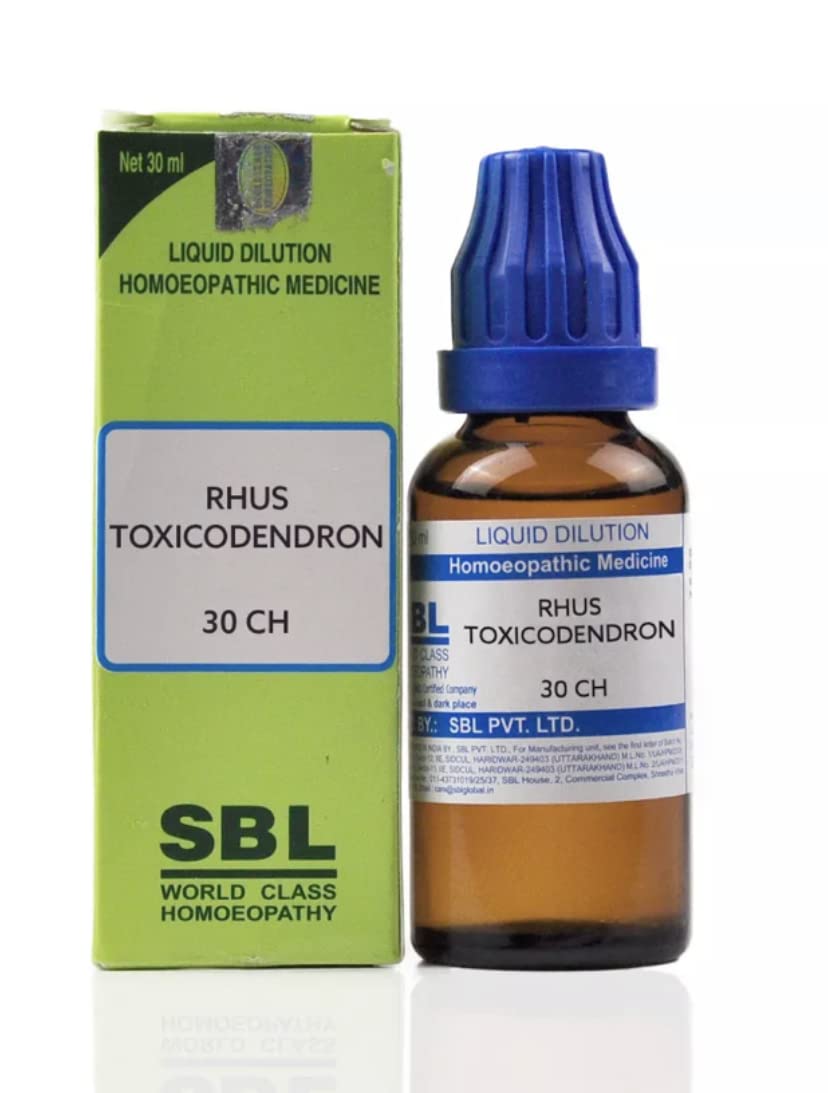
5. Belladonna
Sudden Onset: Urticaria come suddenly and with great intensity. Hives appear rapidly, and person feel overwhelmed by the sudden outbreak.
Redness: Hives are intensely red, and it feel hot to the touch.
Throbbing or Pulsating Sensation: Sensation of throbbing or pulsating pain in the affected areas of the skin. The hives can be very painful.
Feverish Feeling: Person experience feverish sensation.
Dry Skin: Skin feel dry and parched, even though it’s red and hot.
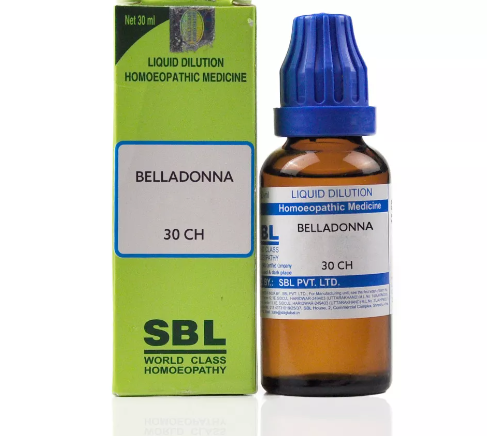
6. Hepar sulphur
Painful Hives: Urticaria is extremely painful and sensitive to touch. Hives feel sore, and even slight pressure on the affected skin can be painful.
Suppuration: Urticaria lesions tend to filled with pus or tendency to become infected. It is especially useful when there is a risk of secondary infection due to scratching.
Chilly and Overly Sensitive: Sensitive to cold air and drafts.
Irritability and Aggravation: Irritable and symptoms including itching and pain aggravated by touch, exposure to cold, and even by uncovering the affected parts of the body.
Desire for Warmth: Strong desire for warmth and to be covered up. Person tends to feel better in warm environment.

7. Ledum palustre
Itching, burning, and stinging: Itching, burning, and stinging sensations are present in the urticaria. Itching can be intense, and the skin feel hot and painful.
Puncture wounds or insect stings: Urticaria triggered by insect stings or puncture wounds. It helps with both the initial reaction and subsequent swelling or hives at the site of the sting.
Cold applications provide relief: Relief from applying cold or cool compresses to the affected areas. Cold applications help reduce the itching and burning.
Ascending symptoms: Condition starts in the lower parts of the body (e.g., feet and legs) and gradually moves upward to involve other areas.
Swelling: Swelling associated with urticaria, particularly if the swelling is pale or mottled in appearance.

8. Psorinum
Intense Itching: Person experiences severe and persistent itching, which aggravated by warmth, scratching, and at night.
Unpleasant Body Odor: Noticeable and offensive body odor, even when person maintains good hygiene. This characteristic odor described as “sickly sweet” or “stale.”
Aggravation in Wet Weather: Urticaria symptoms worsen in damp, cold, or wet weather.
Chronic or Recurrent Nature: Urticaria has a chronic or recurrent pattern. Hives come and go over an extended period.
General Debility: Person exhibit general weakness, fatigue, and a susceptibility to various illnesses. Feeling of being run-down or “unwell.”
Dirty-Looking Skin: Unhealthy appearance, with a dirty or sallow complexion. Eruptions, pustules, or other skin issues in addition to urticaria.
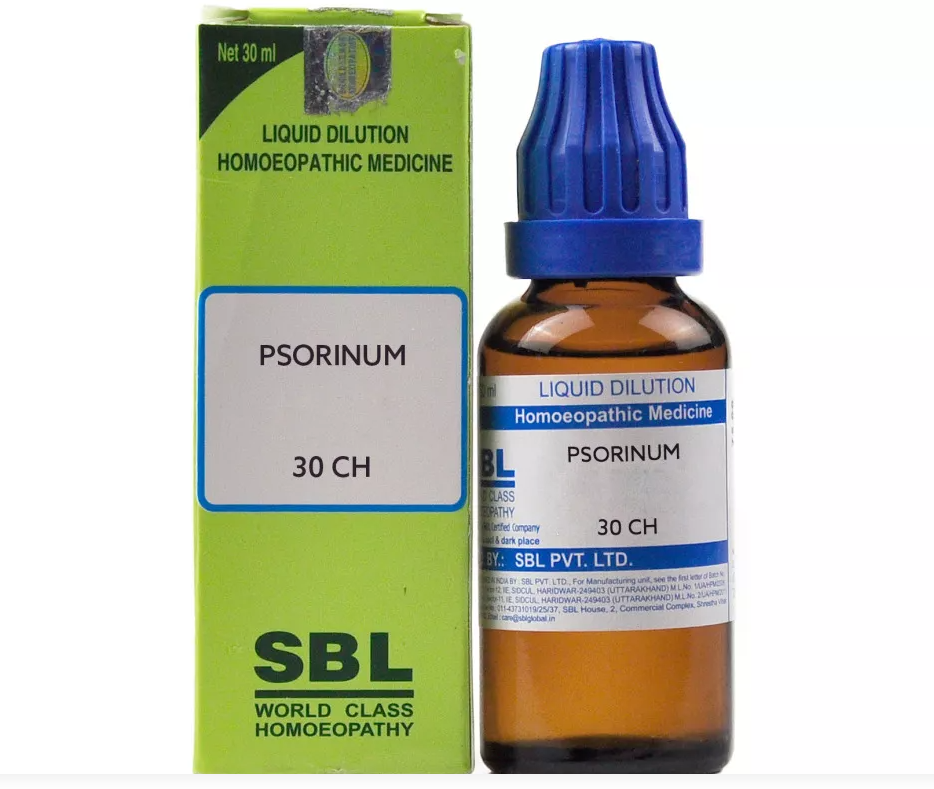
9. Fragaria vesca
Urticaria with burning and itching: Urticarial eruptions are associated with intense itching and a burning sensation.
Redness and swelling: Urticaria lead to red, raised welts with swelling.
Aggravation from heat: Symptoms worsen with exposure to heat, warmth, or warm applications.
Cooling, ameliorating sensations: Relief from cool or cold applications or environment.
Aggravation from fruit or acidic foods: Worsening of symptoms after consuming acidic or citrus fruits.
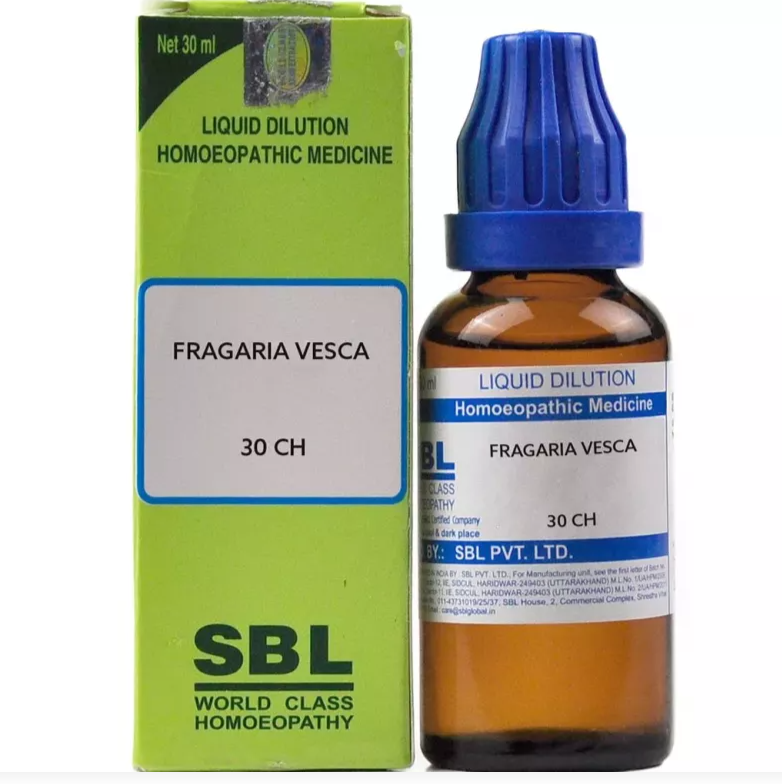
Medicine images use for reference only selection of homeopathic medicine depends on the individual’s specific symptoms and overall constitution. Moreover, homeopathy is a holistic system of medicine that treats the individual as a whole. In addition to addressing the physical symptoms, it takes into account the emotional and mental state of the person. Consequently, it’s crucial to consult with a qualified homeopathic practitioner for personalized treatment.
The information provided on this website is intended solely for educational purposes. Always seek the advice of your physician or other qualified health provider.

Pingback: Homeopathic Medicine For Sore Throat - HOMOEO HEALING
Pingback: Homeopathic Medicine for Nasal Polyps - HOMOEO HEALING